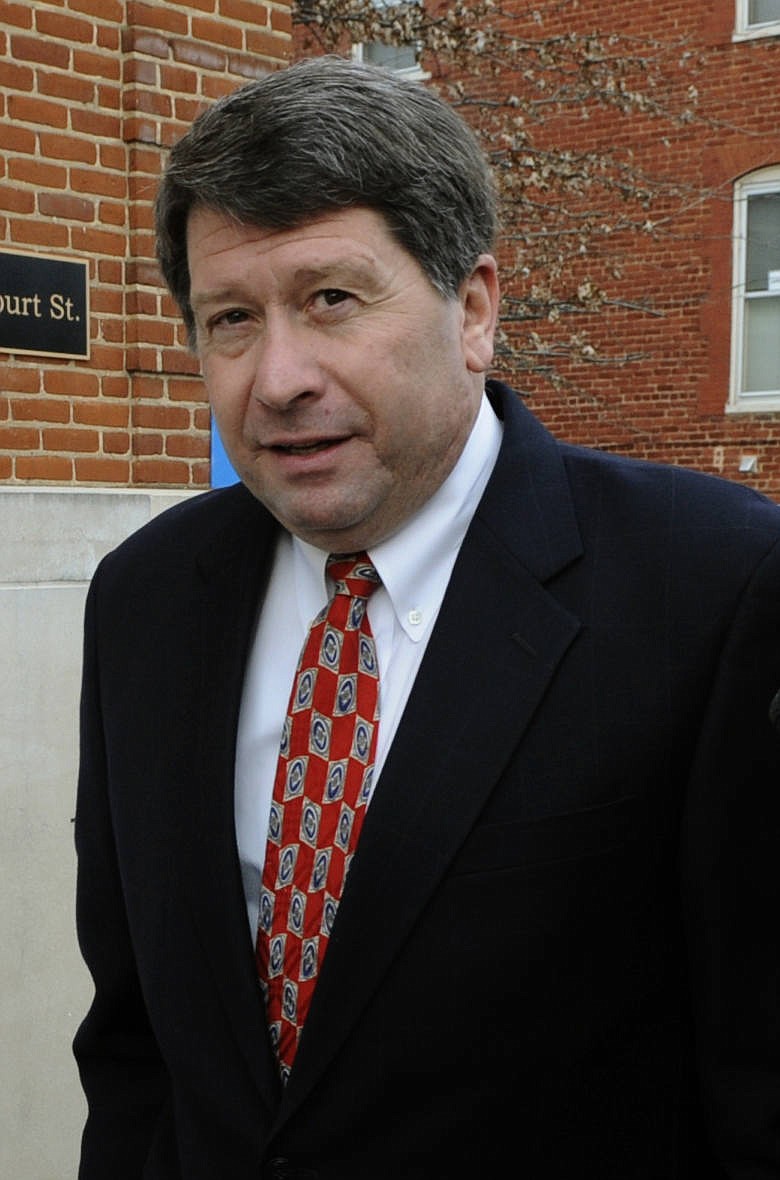"Experience teaches us to be most on our guard to protect liberty when the government's purposes are beneficent."
- Justice Louis Brandeis
Great word, "beneficent." It means "doing or producing good."
His admonition is clear when prosecutors, in their zeal to convict and punish - whether to further their sense of justice or advance their careers and the prestige of their office - yield to their darker instincts. In 2009, Judge Emmet Sullivan, for instance, vacated the conviction of Sen. Ted Stevens due to government malfeasance, even though there was clear evidence of wrongdoing. Many judges lack such moral courage. Consider the prosecution of Stewart Parnell, Michael Parnell and Mary Wilkerson in a federal district court in Albany, Ga., last September.
They were convicted and sentenced to prison in the largest food safety case in the nation's history following the 2008-2009 salmonella outbreak that led to a nationwide recall of peanut butter. Even before the outbreak, Congress and the president were critical of the FDA and its leadership. Leaders from both parties were calling to reform or even abolish the agency.
In late 2008, when news broke of the salmonella outbreak, congressional pressure mounted to not only stem the outbreak but to bring the responsible parties to justice. The FDA needed jail sentences for the villains, not just fines. Prominent food safety lawyers were only too happy to assist.
The FDA singled out Peanut Corporation of America (PCA) as the source of the contaminated peanut butter and quickly launched a criminal investigation of the company and Stewart, PCA's CEO. Within three weeks, Stewart was subpoenaed to testify before the House Energy & Commerce Committee. Although the hearing was mere political grandstanding, it was effective for the government. Stewart was guilty in the court of public opinion. He quietly pleaded the fifth, while congressmen mocked him bitterly, taunting him with peanut butter snacks.
In February 2013, after four years of research by multiple government agencies spending millions of dollars, the defendants were indicted on 67 counts ranging from conspiracy to fraud. Rather than try the case in Virginia, Stewart and Michael's home state and their business headquarters, the government chose Albany, Ga. The reason was simple: The Albany area is home to thousands of people who lost their jobs because of the damage done to the peanut industry as a result of the defendants' alleged actions.
Before, during and after the trial, the prosecution consistently did and said anything to win, whether it meant misleading the jury or outright lying in court. Most damning was the prosecution's refusal to provide the defense an ample opportunity to review the mountain of evidence it collected. The prosecution provided the court a "data dump" of millions of unorganized pages of documents on disks. Its members knew it would be impossible for the defense, with limited resources, to find the relevant needles beneath such a large stack of hay. Despite defense objections, the prosecution flatly lied and stated the data were organized by key words. The judge ignored defense protests.
In the end, the jury found the trio guilty.
After the trial, defense counsel learned of serious juror misconduct. During deliberations, jurors discussed inadmissible evidence, including the deaths of nine people from salmonella poisoning. In fact, one juror stated, "You can't kill people and expect to get away with it!" Yet, the judge refused defense lawyers' motion for a mistrial, supporting the prosecutor's position that the victims were guilty anyway.
Caught between the devil of politically motivated and unscrupulous prosecutors and a judge unwilling to prevent the prosecution's overreaching, the defendants - guilty or innocent - had no chance. The prosecutors prevailed, and the FDA survived.
The Parnells and Mary Wilkerson are now in prison. Their appeal, which includes hundreds of pages citing inconsistencies like these, is under review at the 11th Circuit Court.
Stewart Parnell has been my friend for nearly 50 years. He's an honorable man. That opinion is beneficent - and irrelevant. What is relevant is our criminal justice system and whether we are truly a nation based on the rule of law.
Roger Smith, a local author, is a frequent contributor to the Times Free Press.
